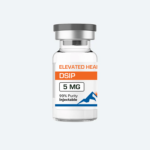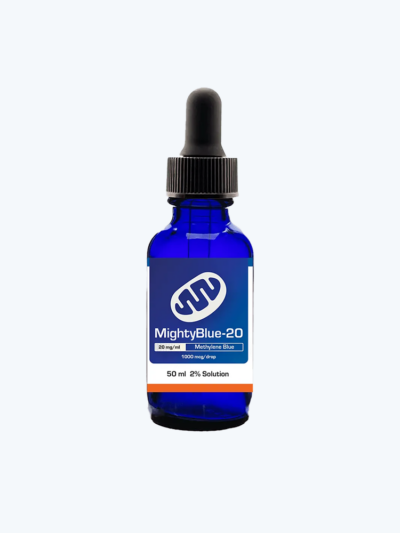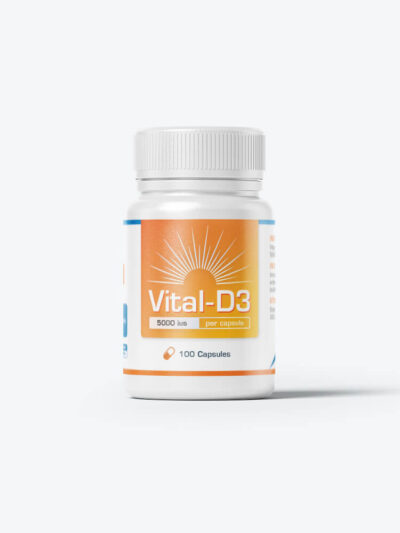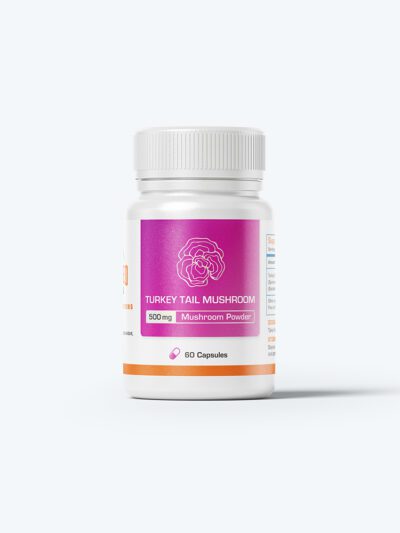No products in the cart.
Back

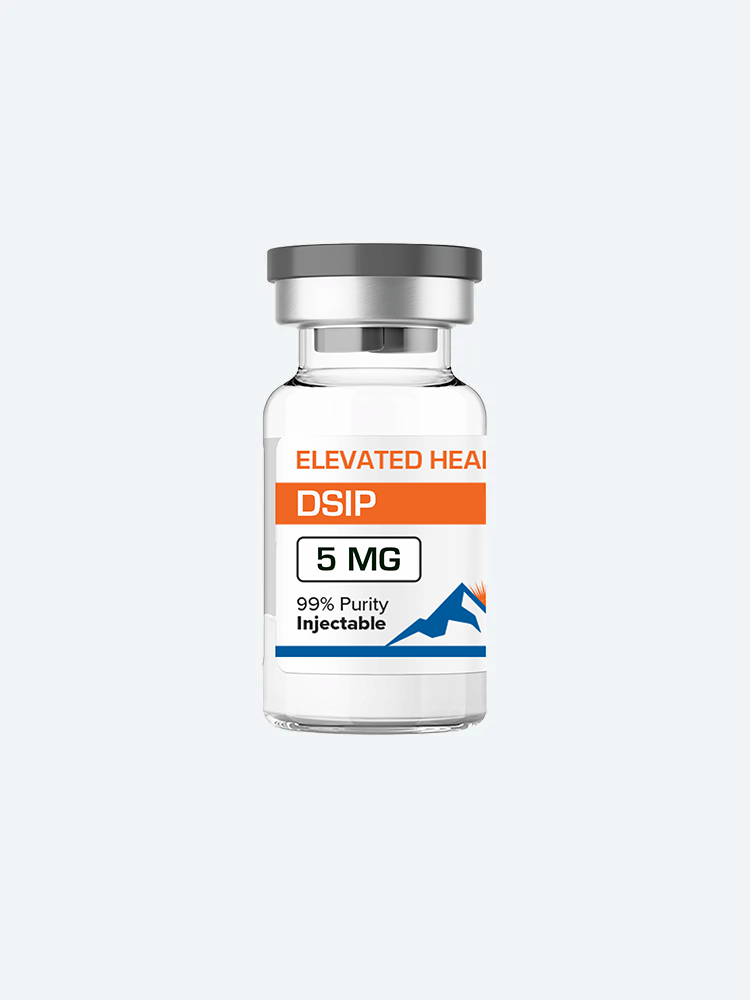
In stock
DSIP
Anti-Cancer, Pain Management, Sleep Aid$60.00
SKU: 29045-SB-9-50
5 mg
Injectable
Ingredients – 5 mg Delta Sleep-Inducing Peptide, DSIP Peptide
Indications – Sleep Aid, pain management, anti-cancer, muscle growth
Dosage – 100-200mcg 3 hours prior to bedtime via injection or nasal spray
Delta Sleep-Inducing Peptide – DSIP may modify the structure and quality of sleep by engaging with the central nervous system. DSIP may potentially reduce the time it takes to fall asleep and enhance the overall quality of sleep by influencing the activity of various neurotransmitters within the brain.
DSIP plays a vital role in regulating sleep by influencing brain activity and promoting both slow-wave and rapid-eye-movement (REM) sleep. Plasma concentrations of DSIP naturally fluctuate throughout the day, with levels peaking in the afternoon and diminishing in the morning. These fluctuations are closely tied to sleep initiation, with increased DSIP concentrations associated with enhanced sleep quality. DSIP has been shown to reduce motor activity during sleep, making it an effective option for individuals struggling with restless or disrupted sleep patterns. Unlike traditional sleep aids, DSIP does not cause sedation, nor does it lead to tolerance, making it a safe and sustainable solution for long-term sleep improvement.
- Description
Overview
Delta Sleep-Inducing Peptide (DSIP) is a neuropeptide composed of nine amino acids. It is primarily produced in the central nervous system, and was first isolated from the brains of rabbits that were subjected to sleep by electric stimulation of the intralaminal thalamic area. Due to its sleep-related synthesis, the peptide has attracted attention for its potential role in regulating sleep patterns and promoting sleep-related well-being.
As a molecule that occurs in the brain, DSIP is thought to potentially interact with receptors that modulate the sleep cycle. More specifically, it may interact with N-methyl-D-aspartate (NMDA) receptors, gamma-aminobutyric acid (GABA) receptors, and alpha 1-adrenergic receptors in the central nervous system.
Ultimately, this results in the modulation of the sleep’s architecture and optimization of the various stages of sleep, especially the highly restorative slow-wave sleep (SWS), often referred to as deep sleep or stage 3 sleep.
Additionally, its involvement in managing stress and reducing anxiety could potentially contribute to enhancing sleep quality. Further, scientists have explored DIP applications relating to its abilities to:
1/ influence hormones
2/ protect against stress
3/ reduce pain
4/ improve withdrawal management
Another key benefit of DSIP is its neuroprotective effects. This peptide has been shown to protect the brain from excitatory activity, making it a valuable tool for individuals recovering from traumatic brain injuries (TBI) or dealing with neurological conditions. By calming the brain and reducing excitatory signals, DSIP helps promote recovery and repair within the brain, supporting overall cognitive function. DSIP has also been shown to support stress reduction by decreasing excitatory activity in the brain, making it an excellent option for individuals dealing with chronic stress, anxiety, or mood disorders. Whether you’re looking to improve your sleep, support brain health, or reduce stress, DSIP offers a comprehensive solution for improving your well-being.
Furthermore, this peptide helps calm the brain by decreasing the activity of excitatory neurotransmitters, which can help reduce symptoms of anxiety, stress, and mood disorders. DSIP also crosses the blood-brain barrier, allowing it to directly influence brain activity and promote cognitive repair. Studies suggest that DSIP plays a role in regulating brain excitability, with lower concentrations of DSIP associated with psychiatric conditions like schizophrenia and depression. By increasing DSIP levels, this peptide helps restore balance in the brain, promoting both mental and physical recovery.
The Relationship of DSIP to Sleep
Following the initial study in rabbits, DSIP has undergone extensive investigation to determine its effects on sleep. Studies suggest that DSIP helps to normalize sleep and regulate dysfunction in sleep cycles.
Perhaps the most significant sleep research involving DSIP has been performed in the setting of chronic insomnia. In this particular example, the peptide appears to improve sleep enough to match that of normal controls. These findings are reflected in other studies showing that DSIP improves sleep structure and reduces sleep latency in chronic insomnia. Overall, polysomnographic studies indicate higher sleep efficiency with DSIP that is statistically significant.
Research in human subiects has uncovered a number of subjective measures indicating that DSIP promotes sleep. For instance, DSIP produces feelings of sleepiness. increases sleep time by 59% compared to placebo. and shortens sleep onset.
DSIP Research and Chronic Pain
Analgesic control can be difficult in the setting of chronic pain. Current medications, such as NSAIDs and opiates, while effective in the short term, can have serious side effects when used for too long. Current analgesics are best suited to the short-term treatment of pain, so researchers have sought an alternative for treating chronic pain syndromes. A small pre-clinical trial in humans has found that DIP can significantly reduce pain perception and improve mood. This same study found that DSIP may be useful ir patients with a physiologic dependence on other pain medications as it helps to reduce withdrawal svmptoms and the pain rebound that often occurs following cessation of long- term analgesic therapy.
Research in rats suggests that DSIP acts on central opioid receptors to produce its analgesic effects. It isn’t clear if these are direct or indirect effects. but the peptide produces a significant pain-relieving effect that is dose dependents]. There is no indication that DIP produces the kind of dependency that opiate medications do despite the fact that both work on the same receptors in the central nervous system.
DSIP Research and Metabolism
Research in rats indicates that DSIP alters the stress-induced metabolic disturbances that often cause mitochondria to shift from oxygen-dependent respiration to oxygen-independent respiration. The latter is much less efficient and is associated with the production of toxic metabolic byproducts. The ability of DSIP to maintain oxidative phosphorylation, even in the setting of hypoxia, could make the peptide a useful treatment in conditions like stroke and heart attack. By preserving normal mitochondrial function, DSIP could help to offset the metabolic damage caused by oxygen deprivation and protect tissue until proper blood flow can be reestablished.
These properties would make DSIP a very powerful antioxidant and one that works at the most basic level of free radical production. By preserving normal mitochondrial function, DSIP reduces the production of free radicals. This may make it a potent anti-aging supplement, though much more research is required to understand the exact effects of the peptide.
DSIP Research in Withdrawal and Addiction
Trials investigating the ability of DSIP to reduce withdrawal symptoms during opiate and alcohol detoxification have found that the peptide may have substantial benefit. In one study of 107 patients presenting with symptoms of alcohol or opiate withdrawal, 97% and 87%, respectively, showed complete resolution of withdrawal symptoms or significant improvement. Interestingly, opiate withdrawal proved to be more refractory to treatment, requiring more DSIP injections over a longer period of time. Withdrawal, particularly from alcohol, can be a life-threatening.
DSIP Research and Cancer Prevention
A lot of cancer research focused on the disease once it has been diaanosed A smaller but growing segment of researchers, however, are interested in preventing cancer from developing in the first place. The majority of focus is on stimulating the immune system via a so-called cancer vaccine to seek out and eliminate cancerous cells before they spread. Research in mice, however, suggests that DSIP may have better cancer prevention effects than any vaccine tested to date. In the study, female mice were given DSIP on 5 consecutive days of ever month starting at the are of 3 months and persisting until their death. Treated rats showed a 2.6-fold decrease in the development of tumors.
This remarkable reduction in cancer occurrence was accompanied by a 29.6% decrease in the frequency of chromosomal defects in bone marrow.
DSIP May Have Widespread Physiologic and Muscle-Building Effects
There is also speculation that DSIP mav be a hypothalamic hormone that regulates more than just sleep in the same way that growth hormone, for instance, regulates more than bone and muscle growth. In one study, DSIP was found to inhibit somatostatin, a protein produced in muscle cells that inhibits muscle growth. By inhibiting somatostatin, DSIP contributes to hypertrophy and hyperplasia in skeletal muscle. These direct inhibitory effects seem odd for a peptide originally thought to be primarily involved in sleep promotion. This has led some scientists to speculate that research has missed the mark where DSIP is concerned and that the peptide might have a larder. more universal role in regulating human physiology.
References
- The influence of synthetic DSIP (delta-sleep-inducing-peptide) on disturbed human sleep | SpringerLink. Available: https://link.springer.com/article/10.1007%2FBF01971753. [Accessed: 25-Jun-2019].
- Effects of delta-sleep-inducing peptide on 24-hour sleep-wake behaviour in severe chronic insomnia. – PubMed – NCBI. Available: https://www.ncbi.nlm.nih.gov/pubmed/3622582. [Accessed: 25-Jun-2019].
- Effects of delta sleep-inducing peptide on sleep of chronic insomniac patients. A double-blind study. – PubMed – NCBI. Available: https://www.ncbi.nlm.nih.gov/pubmed/1299794. [Accessed: 25-Jun-2019].
- Acute and delayed effects of DSIP (delta sleep-inducing peptide) on human sleep behavior. – PubMed – NCBI. Available: https://www.ncbi.nlm.nih.gov/pubmed/6895513. [Accessed: 25-Jun-2019].
- Therapeutic effects of delta-sleep-inducing peptide (DSIP) in patients with chronic, pronounced pain episodes. A clinical pilot study. – PubMed – NCBI. Available: https://www.ncbi.nlm.nih.gov/pubmed/6548970. [Accessed: 25-Jun-2019].
- Potent antinociceptive effect of centrally administered delta-sleep-inducing peptide (DSIP). – PubMed – NCBI. Available: https://www.ncbi.nlm.nih.gov/pubmed/2853064. [Accessed: 25-Jun-2019].
- Delta sleep inducing peptide (DSIP): effect on respiration activity in rat brain mitochondria and stress protective potency under experimental hypoxia. – PubMed – NCBI. Available: https://www.ncbi.nlm.nih.gov/pubmed/12668217. [Accessed: 25-Jun-2019].
- Effects of delta-sleep inducing peptide (DSIP) and some analogues on the activity of monoamine oxidase type A in rat brain under hypoxia stress. – PubMed – NCBI. Available: https://www.ncbi.nlm.nih.gov/pubmed/7628639. [Accessed: 25-Jun-2019].
- Decreased concentrations of delta-sleep inducing peptide in plasma and cerebrospinal fluid from depressed patients: Nordisk Psykiatrisk Tidsskrift. Available: https://www.tandfonline.com/doi/abs/10.3109/08039488509101959. [Accessed: 25-Jun-2019].
- Delta sleep-inducing peptide (DSIP): An overview of central actions and possible relationship to psychiatric illnesses. Available: https://www.tandfonline.com/doi/abs/10.3109/08039488809103215. [Accessed: 25-Jun-2019].
- High delta sleep-inducing peptide-like immunoreactivity in plasma in suicidal patients with major depressive disorder. – PubMed – NCBI. Available: https://www.ncbi.nlm.nih.gov/pubmed/9606527. [Accessed: 25-Jun-2019].
- Opioid detoxification with delta sleep-inducing peptide: results of an open clinical trial. – PubMed – NCBI. Available: https://www.ncbi.nlm.nih.gov/pubmed/9617990. [Accessed: 25-Jun-2019].
- DSIP in the treatment of withdrawal syndromes from alcohol and opiates. – PubMed – NCBI. Available: https://www.ncbi.nlm.nih.gov/pubmed/6548969. [Accessed: 25-Jun-2019].
- Effect of delta-sleep inducing peptide-containing preparation Deltaran on biomarkers of aging, life span and spontaneous tumor incidence in female rats. – PubMed – NCBI. Available: https://www.ncbi.nlm.nih.gov/pubmed/12782416. [Accessed: 25-Jun-2019].
- A. B. Sinyukhin, G. P. Timoshinov, V. A. Kornilov, and P. D. Shabanov, “P.7.a.006 Delta sleep-inducing peptide analogue corrects the CNS functional state of children treated with antiblastomic therapy,” Eur. Neuropsychopharmacol., vol. 19, pp. S681–S682, Sep. 2009.
- E. V. Koplik et al., “Delta sleep-inducing peptide and Deltaran: potential approaches to antistress protection,” Neurosci. Behav. Physiol., vol. 38, no. 9, pp. 953–957, Nov. 2008.
- [DSIP: the sleep peptide or an unknown hypothalamic hormone?]. – PubMed – NCBI. Available: https://www.ncbi.nlm.nih.gov/pubmed/7817664. [Accessed: 25-Jun-2019].
- DSIP–a tool for investigating the sleep onset mechanism: a review. – PubMed – NCBI. Available: https://www.ncbi.nlm.nih.gov/pubmed/3286557. [Accessed: 25-Jun-2019].
- Shlomo Yehuda & Ralph L. Carasso (1987). The Effects of DSIP on Pain Threshold During Light and Dark Periods in Rats are not Naloxone-Sensitive. International Journal of Neuroscience, 37(1-2), 85-88. DOI: https://doi.org/10.3109/00207458708991805.
- Graf, Markus & Christen, Heinz & Schoenenberger, Guido. (1982). DSIP/DSIP-P and circadian motor activity of rats under continuous light. Peptides, 3, 623-6. DOI: 10.1016/0196-9781(82)90161-9.
- Shlomo Yehuda & Ralph L. Carasso (1988). DSIP-a Tool for Investigating the Sleep Onset Mechanism: A Review. International Journal of Neuroscience, 38(3-4), 345-353. DOI: https://doi.org/10.3109/00207458808990695.
- Yehuda, S., Kastin, A.J. and Coy, D.H. (1980). Thermoregulatory and locomotor effects of DSIP: Paradoxical interaction with d-amphetamine. Pharmacology Biochemistry and Behavior, 13(6), pp.895–900. Available: https://www.sciencedirect.com/science/article/pii/0091305780902257
REMINDER TO ALL CUSTOMERS:
Due to their sensitive nature and strict storage requirements: all sales are final on peptides & GH products. We cannot accept returns strictly because of product integrity and safety for all clients. Thank you for your understanding


